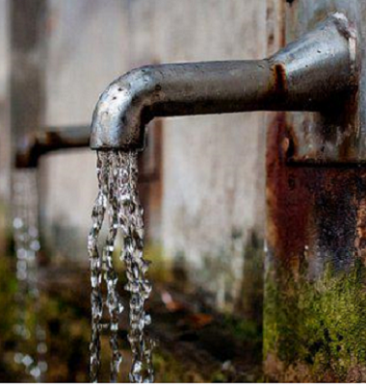Conoce las fuentes de agua y cómo la utiliza el ser humano.
- El 70% de la superficie de la Tierra es agua
- El 93,8% es agua oceánica,
- El 2,5% es agua dulce
- El 0,375% es accesible al ser humano
- El 0,3% del agua está en lagos y estanques
- El 0,06% está en el suelo y los bosques
- El 0,03% está en los ríos
- El 0,035% está en la atmósfera.
Fuentes de agua en el medio ambiente
- El 13% de las precipitaciones es lluvia
- El 86% de las precipitaciones procede de la condensación del aire marino, de las nieblas y de las brumas.
¿Quién utiliza toda el agua?
- 85% la agricultura
- 7,5% la industria
- 7,5% doméstica y residencial, de la cual:
- 26% de las descargas de los inodoros
- 17% de las duchas
- 15% de los grifos
- 22% por el lavado de paños
- 14% por fugas subterráneas
- 5% por otros usos
La industria utiliza
- 62,7 litros de agua para fabricar una lata de refresco de 1/3 de litro
- 70 litros de agua para cultivar una manzana
- 120 litros de agua para hacer un vaso de vino
- 7900 litros de agua para fabricar un par de zapatos
- 73.700 litros (19.469 galones) para criar una vaca hasta los 18 meses de edad
- En Occidente, 100 litros (26 galones) de agua para una ducha media o un día medio de descarga del inodoro
- 350 litros (92 galones) de agua es el uso medio por persona y día
- 1,8 millones de toneladas (4.000 millones de libras) de basura al año llegan al océano, lo que provoca la muerte de un millón de aves marinas y 100.000 animales marinos al año

